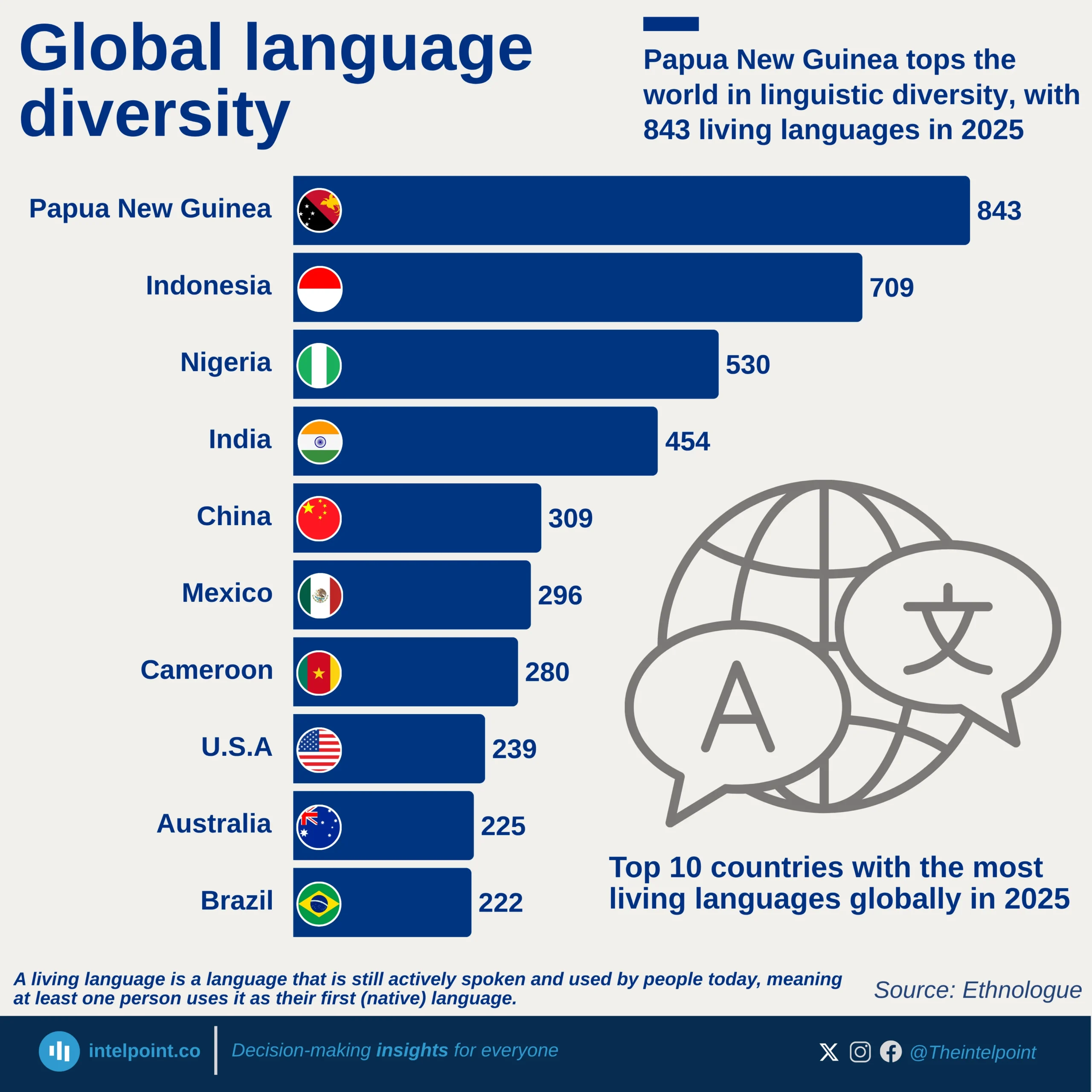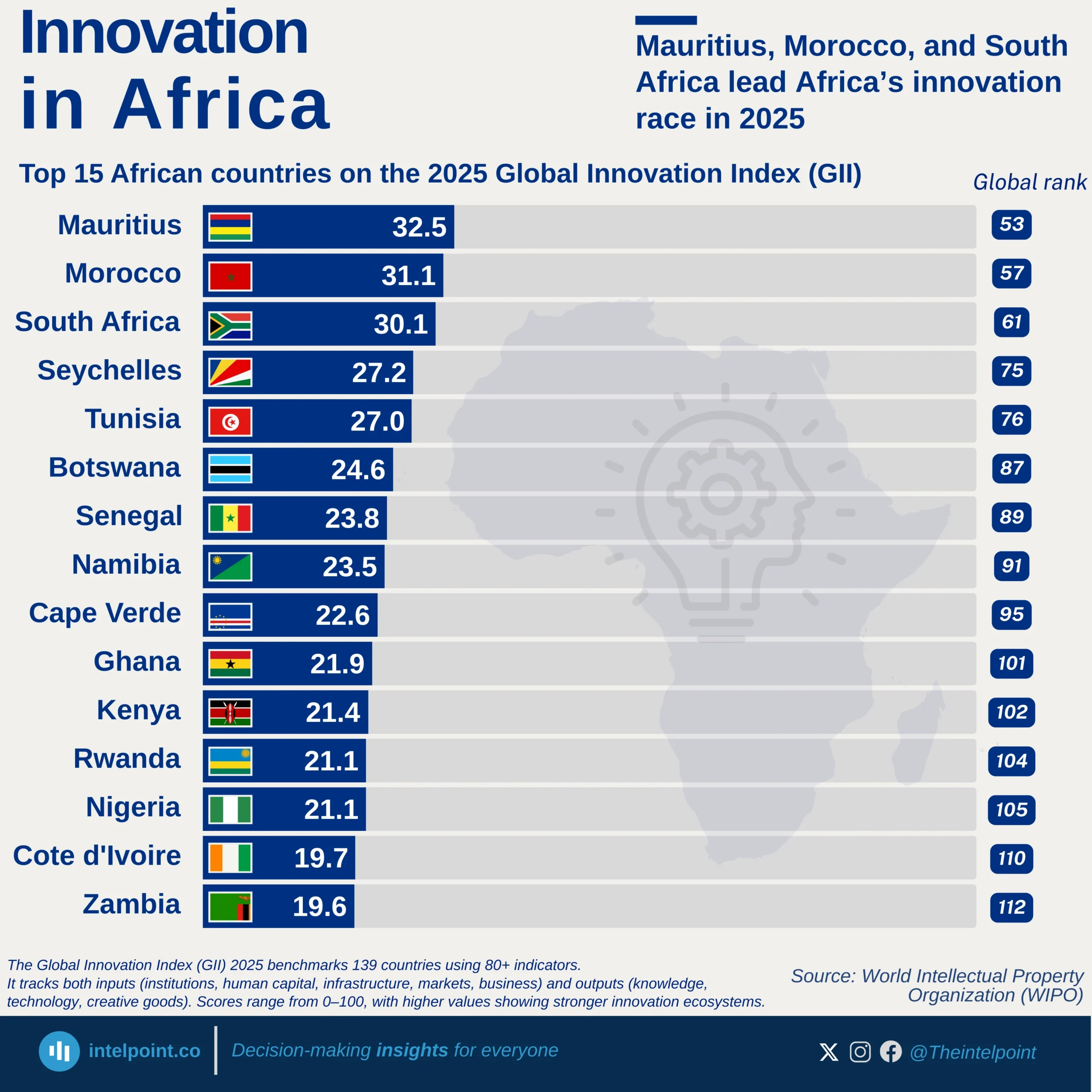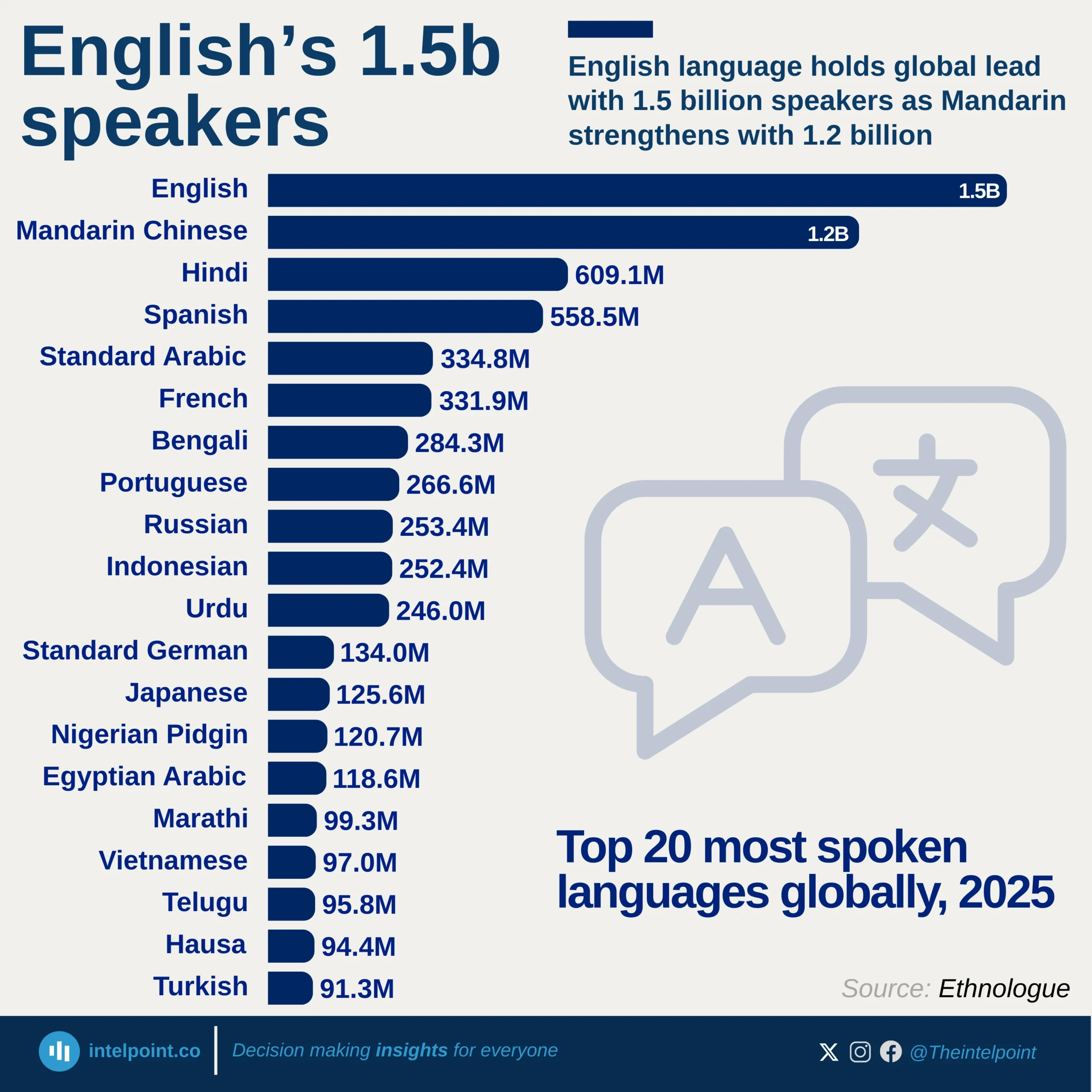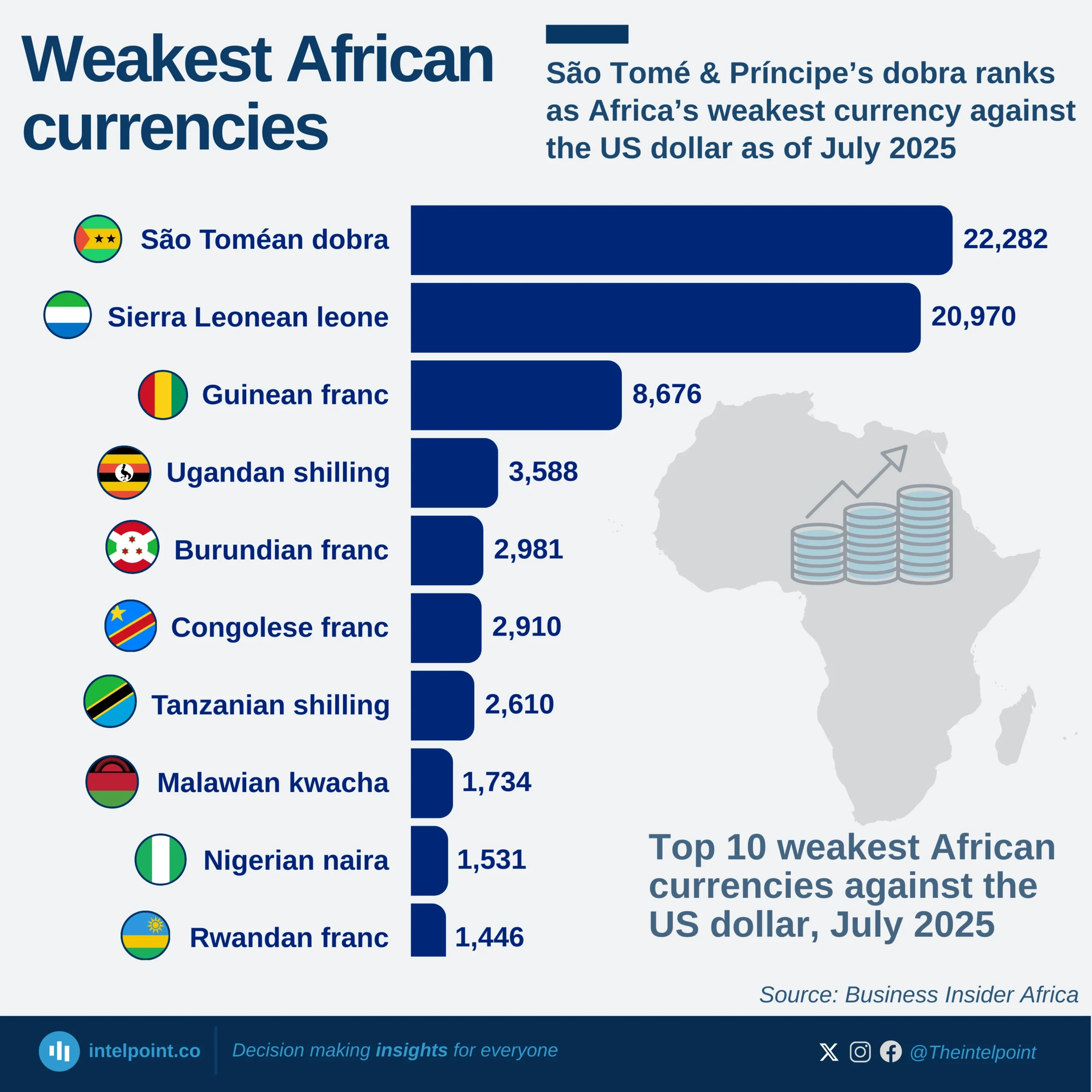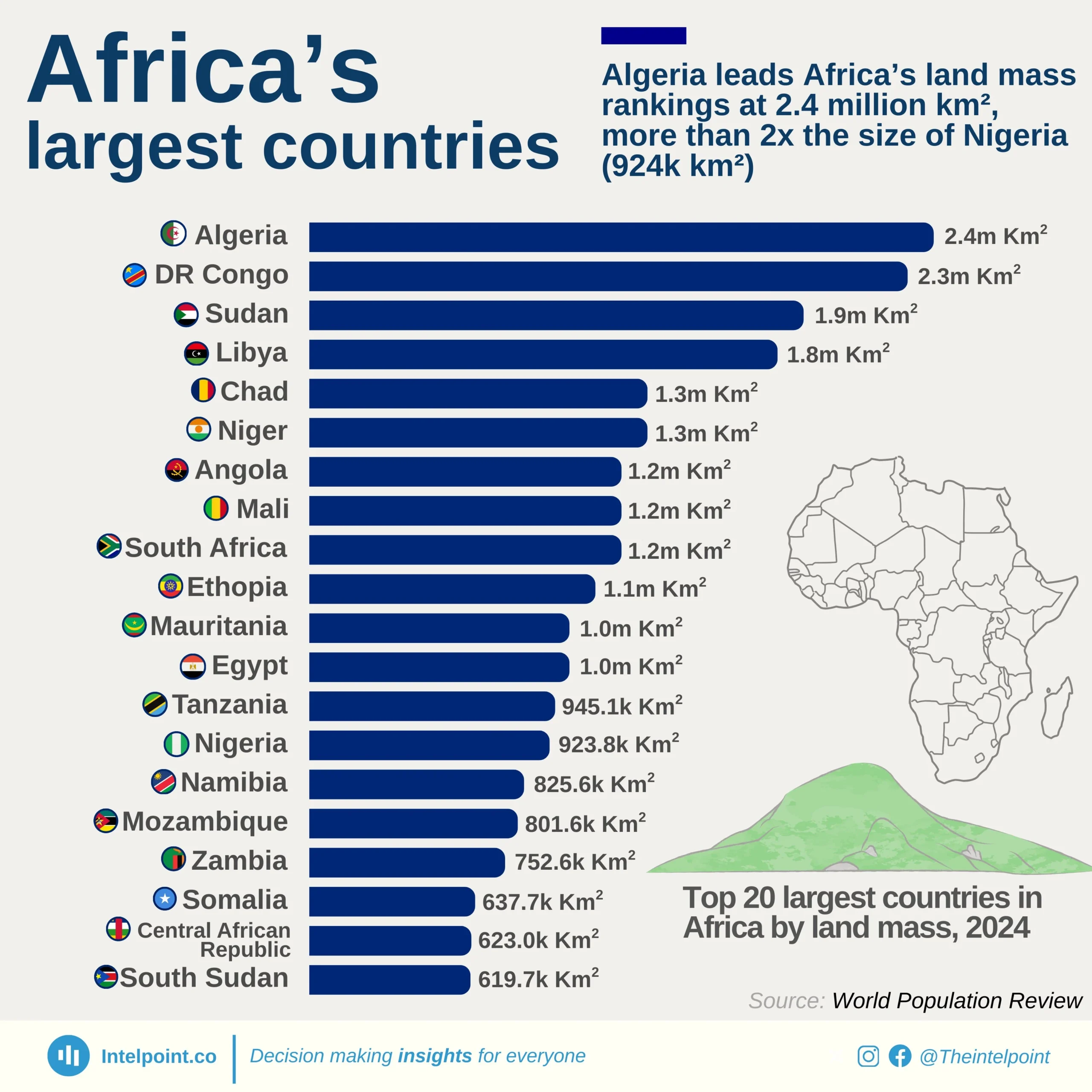Europe stands out as the only region with a notable net positive migration rate, attracting 2.2 migrants per 1,000 people. All other regions either recorded marginal gains or were deep in negative territory, reflecting complex push-pull factors like conflict, economic conditions, governance, and policy environments. The data underscores how Europe continues to be a key global destination for migrants, despite ongoing debates around immigration, while other regions face higher outflows than inflows.
